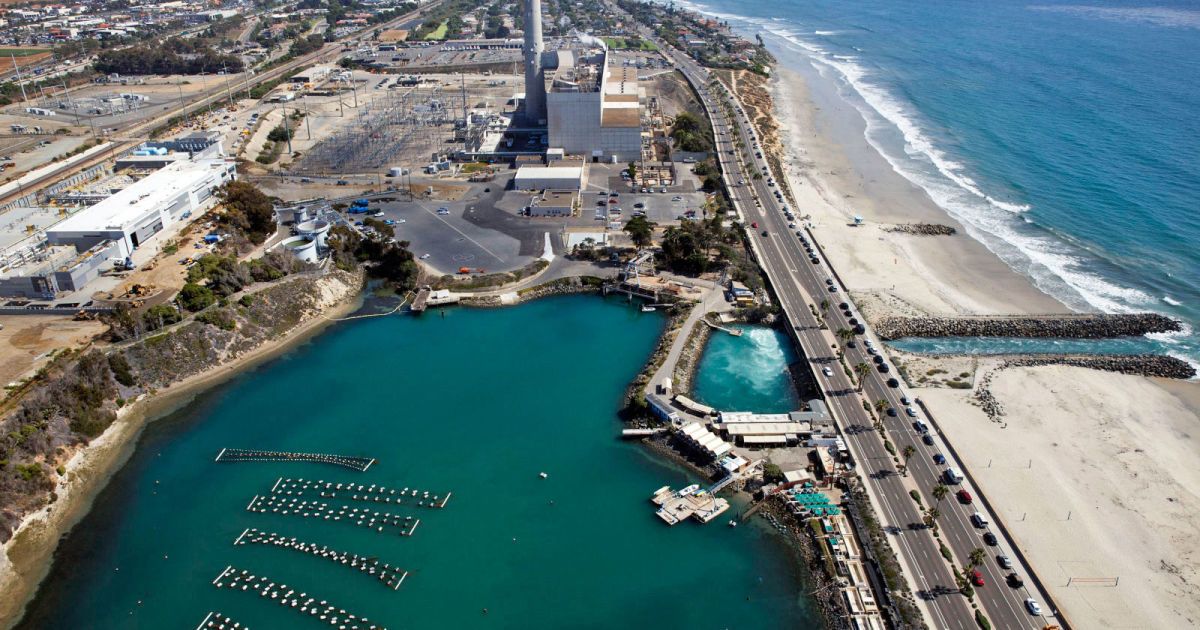Humanity has sought to make the Earth’s oceans potable for thousands of years. The Norse tale of Utgarda-Loki tells of Odin being tricked into drinking from a horn connected to the sea, while Exodus 15:22–26 of the Bible likely describes Moses desalinating the water of Marah:
When they came to Marah, they could not drink the water of Marah because it was bitter; therefore it was named Marah. And the people grumbled against Moses, saying, “What shall we drink?” And he cried to the Lord, and the Lord showed him a log, and he threw it into the water, and the water became sweet.
Even the Greek philosopher Aristotle once observed that “salt water, when it turns into vapor, becomes sweet and the vapor does not form salt water again when it condenses.” Yet, despite the continued accelerating pace of technological advancement since we switched from BC to AD, turning salt water into fresh has remained more expensive than transforming it into wine. But as climate change continues to ravage the world’s watersheds, we may soon have little choice other than to turn to the sea’s bounty of H2O to keep our growing global population from getting parched.










Comments are closed.